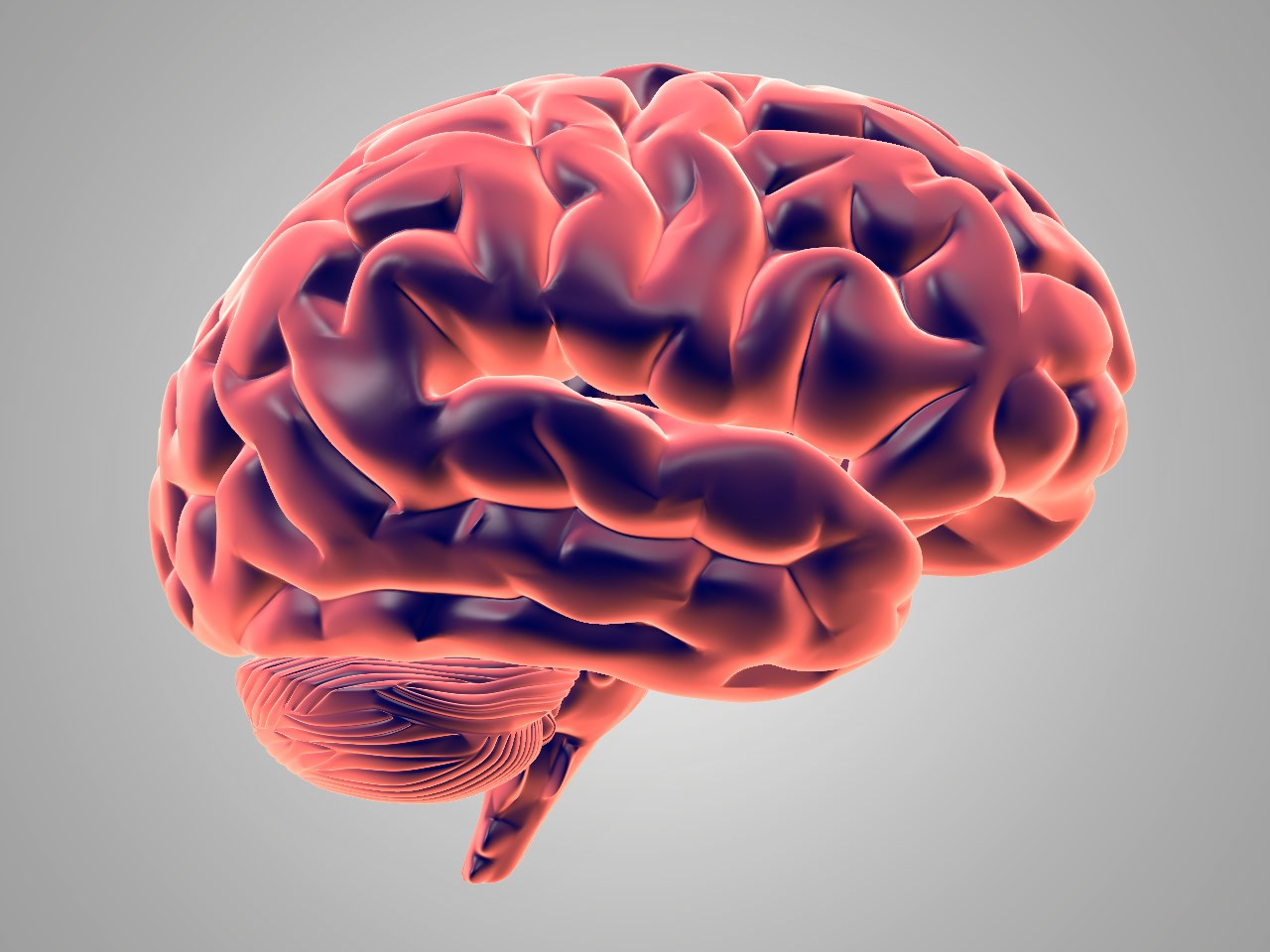The lab is available to researchers 24/7, uses real human neurons and uses the Python programming language, creating a “dream bridge between biology and data scientists,” according to Jordan.
After accessing the provided login/password, researchers gain the ability to remotely send electrical signals to neurons and receive their responses. It is then the responsibility of researchers to devise optimal algorithms for controlling the behavior of the organoids.
Users can mimic memory function by using periodic electrical stimulation to reinforce synapses through repetition, thus making desired pathways stronger.
Researchers do this by training the organoids through a reward system. The organoids are rewarded with dopamine, the neurotransmitter responsible for pleasure (and addiction).
Meanwhile, as “punishment,” the organoids are exposed to chaotic stimuli, such as irregular electrical activity.
A live view of the biochips working in real-time can be found at www.finalspark.com/live.
Still think it's kinda neat, but with clearly disturbing implications.



Publish then! You'd be the first to tie a specific neuronal activity to a thought or memory
You don't need to "tie a specific neuronal activity to a thought or memory" to know whether a set of neurons can have humanlike memory or emotions. We know that specific brain regions are required for specific brain functions. Most famously, we know that hippocampi are necessary to form new episodic memories due to Patient HM. This organoid does not have anything like these necessary specific brain regions, so we can be pretty sure they don't have these human brain functions.
Also, I'm not sure what you mean by "tie a specific neuronal activity to a thought or memory" We've known examples of single unit neural activity being correlated with thoughts for many years, see place cells and Grandmother cells. Really, the whole field of systems neuroscience studies this at some level. And I think that field has made some progress.